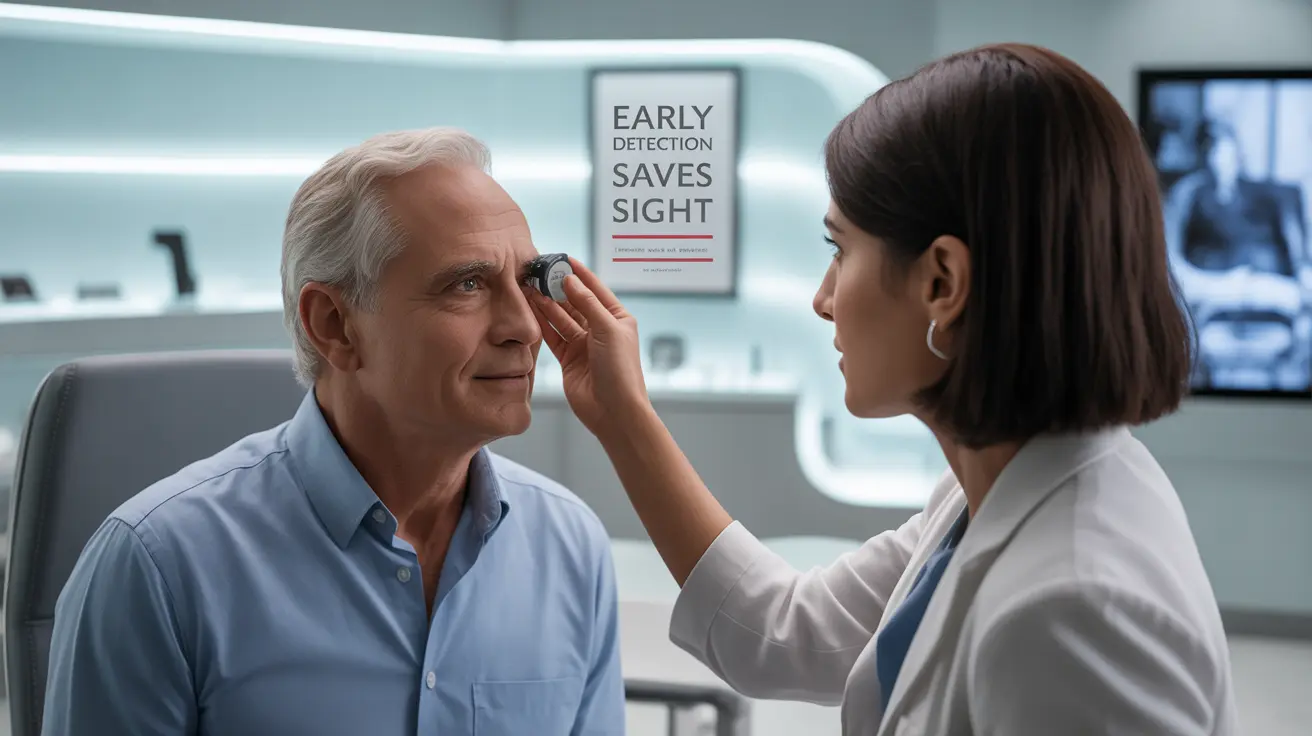Understanding whether Medicare covers glaucoma testing is crucial for maintaining eye health, especially as we age. Glaucoma, a serious eye condition that can lead to vision loss if left untreated, requires regular screening for early detection and management. This guide explains how Medicare handles glaucoma testing coverage and what beneficiaries need to know.
Who Qualifies for Medicare-Covered Glaucoma Screening?
Medicare doesn't provide glaucoma screening coverage for all beneficiaries. Instead, coverage focuses on individuals who fall into high-risk categories. You may qualify for covered glaucoma screening if you meet any of these criteria:
- Have diabetes
- Have a family history of glaucoma
- Are African American and age 50 or older
- Are Hispanic and age 65 or older
Meeting these risk factors makes you eligible for Medicare coverage of glaucoma screening, as these groups have a higher likelihood of developing the condition.
Coverage Requirements and Provider Qualifications
For Medicare to cover your glaucoma screening, the test must be performed by or under the supervision of specific eye care professionals. These include:
- Ophthalmologists
- Optometrists legally authorized to provide these services in your state
- Qualified healthcare providers who meet Medicare's requirements
The screening must also take place in an appropriate medical setting, such as an eye doctor's office or outpatient clinic.
Frequency of Covered Screenings
Medicare Part B covers glaucoma screening once every 12 months for eligible beneficiaries. This annual screening includes:
- A dilated eye examination
- An intraocular pressure measurement
- Direct ophthalmoscopy or other appropriate vision tests
Understanding Medicare Costs for Glaucoma Testing
When receiving Medicare-covered glaucoma screening, beneficiaries are responsible for certain out-of-pocket costs:
- 20% of the Medicare-approved amount for the screening
- The Part B deductible applies
- Additional costs may apply in hospital outpatient settings
Medicare Coverage for Glaucoma Treatment
If glaucoma is diagnosed, Medicare provides coverage for various treatment options, including:
- Medical procedures necessary to treat glaucoma
- Prescription medications under Medicare Part D
- Regular monitoring and follow-up care
- Surgical interventions when medically necessary
Frequently Asked Questions
Does Medicare cover glaucoma testing for everyone or only high-risk individuals? Medicare only covers glaucoma testing for high-risk individuals, including those with diabetes, a family history of glaucoma, African Americans aged 50 and older, and Hispanic Americans aged 65 and older.
What qualifications must a doctor have for Medicare to cover my glaucoma screening? The screening must be performed by or under the supervision of an ophthalmologist or optometrist who is legally authorized to perform the service in your state.
How often can Medicare Part B pay for glaucoma screening tests? Medicare Part B covers glaucoma screening once every 12 months for eligible beneficiaries.
What costs should I expect to pay for glaucoma screening under Medicare Part B? You'll be responsible for 20% of the Medicare-approved amount after meeting your Part B deductible. Additional facility fees may apply in hospital outpatient settings.
Are glaucoma treatments and medications covered by Medicare after diagnosis? Yes, Medicare covers medically necessary treatments, including procedures, monitoring, and medications (through Part D) after a glaucoma diagnosis.




